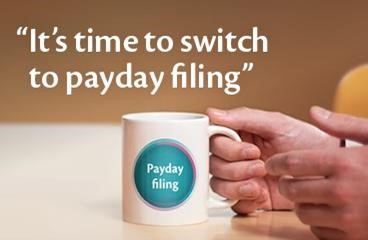
Just because there is no cash in your business, there may still be a profit, particularly if lots of people owe you money, or you have been repaying borrowings during the year.
There are some actions a business can take to legally help minimise its tax bill:-
Prepay some bills:-Some expenses can be claimed when they are paid rather than used. If you’re planning that overseas conference to Oz, if you pay it now, you will get tax relief now rather than next year. Consider also insurance, rates etc.
Consumables: This may be stockpiling stationery, consumables, fertiliser, feed, and fencing material, tractor and truck tyres.
Staff holiday pay and bonuses: Providing they are paid within 63 days of the year end.
All of these methods have a cash cost to the business and there are dollar value restrictions and time limits which apply. So although they reduce the tax, they also reduce the cash the business has available.
Only spend on items you want or need. There is no point spending a dollar on something you don’t really need just to save yourself 28 or 33 cents in tax. Remember also that if you buy a fixed asset, such as a new ute or tractor near year end, only a tiny portion of this will be tax deductible.
There are also, of course, the things you should do every year, such as reviewing the list of people who owe you money. If you believe that any of the debts are bad, you need to write them off in your books before your year end date to get tax relief.
When performing the year end stock take, ensure you only value usable stock. If something is damaged or obsolete, make sure it is clearly identified and valued accordingly.
Review the fixed asset register, and if there are items that have been scrapped, broken or stolen, ensure they are noted on the fixed asset register for your accountant to write them off.
You should consider whether you are claiming everything against the business which you are entitled to. For example, do you store the business records or stock at home, meet clients, or do your paperwork in the evenings? If so you are able to claim an appropriate proportion of your household bills.
Have you paid any expenses personally such as trade subscriptions, travel expenses or memberships? How about those monstrous parking fees in Auckland?
In our business this is what we term a Tax Minimisation Review. This is a formal process which we use to ensure you are completing your tax returns correctly, claiming all valid business expenses and have the business structured tax effectively.
Farmers, Fishermen and some Foresters, are able to take advantage of the income equalisation scheme to smooth income between years.
As is always the case with tax advice, each individual, company, business, family trust, partnership is different. Please speak to your tax advisor or accountant to discuss what works for you, given your specific circumstances.
It’s Time to Switch to Payday Filing
From 1 April 2019 employers must:
- File employment information every payday instead of an Employer Monthly Schedule (IR348);
- Provide new and departing employees’ address information, as well as their date of birth – if they have provided it to you, and;
- File electronically (from payday compatible software or through myIR) if your annual PATE/ESCT is $50,000 or more.
Note: The due date for payment remains the same at the 20th of the month (or 5th and 20th of the month for twice-monthly filers).
If you have any queries regarding Payday Filing you are more than welcome to contact the team here at PKF Hamilton. The Inland Revenue Department also have some handy info on their website.
